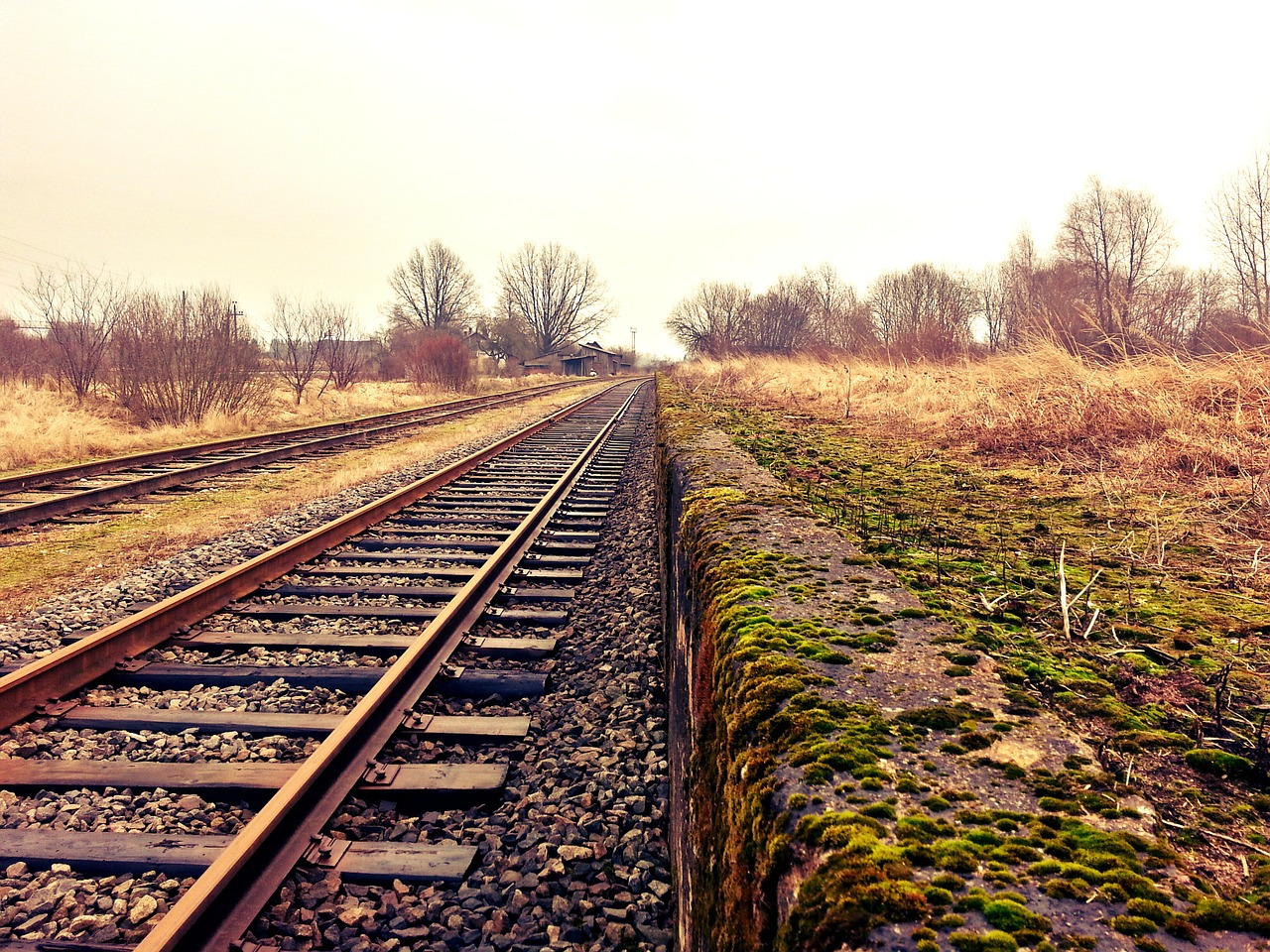The train drivers’ strike upsets Germany

The German train drivers are demanding a wage rate hike by 3.2% in 28 months and a “Corona premium”, an additional bonus for the hardships endured during the pandemic. Pierluigi Mennitti's article
From 2 am on Wednesday 11 August the tracks of the German railways were emptied of circulating vehicles. Freight trains stopped first, then passenger trains. The GDL train drivers' union has launched the first package in a series of strikes that threatens to turn into one of the most bitter disputes in German trade union history. This first abstention from work will last for two days and will end at 2 am on Friday 13 August: 24 hours of almost total blockade, after which the unions expect the counterpart to get closer to the proposals put forward and so far rejected, otherwise the strike will return. .
A form of protest lasts, also because it occurs in full recovery of the Covid infections, with the increase in gatherings in the few circulating trains, and – depending on the regional calendars – at the end of the summer holidays (and therefore coinciding with the returns) or when starting the business after holidays. In Berlin, for example, the railway workers' strike also involves the operation of the surface metro (which together with the underground one managed by another company, however, makes up the city's underground network), impacting heavily on the urban mobility of the capital. Serious inconveniences are already being recorded for commuter traffic.
The machinists, led by the combative Claus Weselsky, are demanding a wage rate adjustment of 3.2% in 28 months and a so-called “Corona premium”, ie an additional bonus for the hardships endured during the months of the pandemic. Deutsche Bahn (DB) does not intend to sell, also because the company accounts are anything but positive and the company's management is indeed struggling with a substantial rethinking of its strategies, also in view of the greater commitment of the sector in the mobility of next years. Faced with the losses due precisely to the impact of the pandemic, DB proposes on the contrary the extension of the current tariff framework and promises to foresee an increase later in time.
The dispute is exacerbated by the competition that, on the trade union level, GDL must suffer from another acronym, EVG, which had already signed a tariff agreement with Deutsche Bahn last October, accepting the extension of the previous tariff until the end of 2021 , an increase of 1.5% starting from January 2022 and a reduction of 50 euros in the pension contribution. The competition between the two acronyms is, according to some observers, also at the basis of the stiffening of GDL, which would fight for its survival.
Martin Seiler, head of personnel on the board of directors of Deutsche Bahn, said he was disappointed with the choices of GDL and reproached the fact that the company's executives have given up on bonuses and increases for 2021, precisely to give the good example after the losses suffered for Covid.
To the criticisms of Deutsche Bahn and consumer associations, which denounce the incorrectness of the abstentions during the holidays and the short time since the announcement (Tuesday evening), Weselsky reiterated the position of the train drivers: no extension of the current salary, increase in the amount indicated and Covid bonus, as indeed the executives have ensured. There was no lack of demagogic tones (We will not accept that the managers fill their pockets and cut pension contributions) and jabs at the competing union, just to give substance to the suspicions of the observers: "We cannot accept that EVG has declared herself satisfied with that agreement he reached, ”he said.
In addition to having once again rejected GDL's requests and having invited Weselsky to sit down at the negotiating table again, giving up further days of abstention, the company is currently committed to containing the inconvenience for users. The first news is not encouraging: DB has launched an emergency plan that aims to keep one third of the trains running, but serious difficulties have been reported in the eastern regions and on some hot lines in the west, between Hamburg and Frankfurt, in the North Rhine. -Vestfalia and in particular in the Ruhr district, as well as in the connections between cities and airports. Extensive inconvenience for commuters and a more complex situation in Berlin, where school activity has also resumed and the strike affects a part of the subway service.
The train drivers' union arrived at the strike after an internal consultation involving all members. Weselsky came to the announcement with the support of 95% of subscribers. Normally the government does not intervene directly in this type of negotiation, at the very least it offers itself as a mediator in the event of unbridgeable distances. But if the strike is prolonged over time, the dispute will also have an impact on the electoral campaign underway for the renewal of parliament and for the chancellery. The last strike affected Deutsche Bahn in 2018. The one in 2021 is likely to go on for a long time. GDL wants Deutsche Bahn to make the first move by presenting a salary proposal that meets the demands of the union.
Otherwise, after the weekend, new strike days will be announced from next week, also in the name of trade union supremacy.
This is a machine translation from Italian language of a post published on Start Magazine at the URL https://www.startmag.it/smartcity/sciopero-macchinisti-ferrovie-germania/ on Wed, 11 Aug 2021 08:29:37 +0000.
